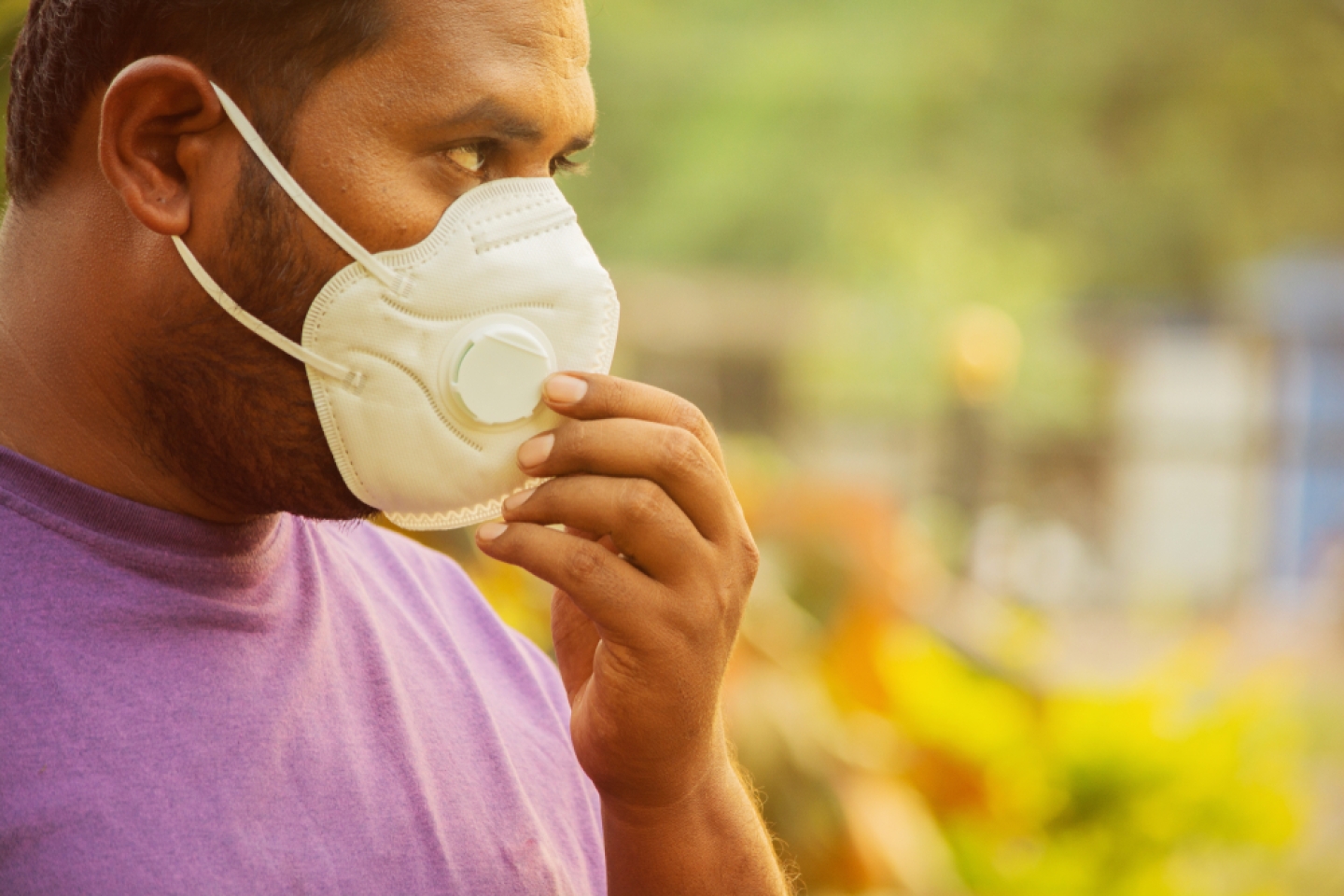
The air quality index (AQI) in New York City is typically around 30. That’s considered “good”—between 0 and 50—and it’s what New Yorkers have come to expect of the air they breathe.
Some people develop respiratory discomfort with levels above 100. But on Wednesday, June 7, the city’s AQI soared to a whopping 413 by late afternoon. The “hazardous” range tops out at 500, so 413 is an extremely high number indeed—one that points to dangerous levels of pollutants, including the top 5 offenders:
The last one on the list—particulate matter—was the main culprit on June 7 and for several days thereafter, traceable to wildfire smoke pouring south from Canada. And severe, frequent wildfires, even in parts of North America that haven’t been plagued by them in the past, have everything to do with climate change.
From exceptionally hot and dry weather conditions to full-blown drought in areas to the north, wildfires are hitting us where we live—figuratively and literally—with consequences for our health and our daily lives.
Dr. Michael Niederman, Professor of Clinical Medicine in the Division of Pulmonary and Critical Care Medicine at Weill Cornell Medicine, offers the following recommendations for people aiming to stay safe when the air quality is potentially hazardous to their health:
Those in good health have a greater reserve against problems with pollution, Dr. Niederman says, but some people are more sensitive than others. Common symptoms include cough, shortness of breath, chest tightness and wheezing. Some have also reported headaches or nausea. If you experience one or more of these symptoms, limit your activities and follow these guidelines:
At a minimum, a healthy individual may feel irritation in the nasal passages and the back of the throat when the air quality worsens. Use your best judgment and adjust the time you spend outdoors accordingly.
Those most at risk are people with chronic heart and lung diseases, including:
“These conditions may be made worse by inhaling small particles, some of which contain toxic gas combustion products,” says Dr. Niederman. “Patients with respiratory disease may end up with a lung infection, as inhaled particulates can interfere with the lungs’ ability to rid themselves of bacteria, viruses and other pathogens.”
If a member of your family has asthma, keep its symptoms at bay by following these guidelines:
Air quality forecasts and real-time information can be found at Airnow.gov—a website provided through the Environmental Protection Agency (EPA). Your local newspaper, TV and radio station also offer air quality reports, which generally appear with the weather forecast.
You may wish to sign up for email or text notifications via EviroFlash, a service offered by state or local environmental agencies in conjunction with the EPA. You can select the AQI level at which you’d like to be notified. The message you receive will also include suggested safety measures when levels are unhealthy. More information about EnviroFlash can be found here.
The EPA predicts periods of unhealthy air quality this summer, driven by wildfires and air pollution associated with hot, dry weather conditions and worsened by climate change. The best way to protect yourself is to stay informed and plan your activities appropriately, whether you’re healthy, ill or somewhere in between.
If you have questions about the effects of air pollution on your health, or if you’d like to make an appointment with a pulmonologist at Weill Cornell Medicine, please visit here to schedule.